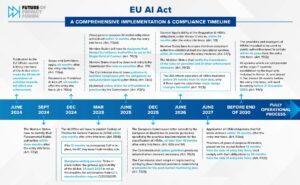The Privacy Policy Snapshot Challenge – $20,000 First Prize.
The Privacy Policy Snapshot Challenge calls upon developers, designers, health data privacy experts, and creative, out-of-the-box thinkers to use the US Department of Health and Human Services ONC’s Model Privacy Notice template to create an online tool that can generate a user-friendly “snapshot” of a product’s privacy practices. ONC will award a total of $35,000 in prizes through this challenge. Enter your submissions now! The deadline for submission is April 10, 2017 with winners expected to be announced in mid-2017. For more information, view the Federal Register Notice.
ONC is also hosting an informational webinar on Thursday, January 12, 2017 from 2:00-3:00pm ET. Register for the webinar.
As the ONC team explains, ” More and more individuals are obtaining access to their electronic health information and using consumer health technology to manage this information. As retail products that collect digital health data directly from consumers are used, such as exercise trackers, it is increasingly important for consumers to be aware of companies’ privacy and security policies and information sharing practices. Health technology developers can use the Mobile Privacy Notice to easily enter their information practices and produce a notice to allow consumers to quickly learn and understand privacy policies, compare company policies, and make informed decisions”.
As FPF showed in our recent FPF Mobile Apps Study , the number of apps that provide privacy policies continues its upward trend from our previous surveys in 2011 and 2012. But health and fitness apps – which may access sensitive, physiological data collected by sensors on a mobile phone, wearable, or other device – do worse than average at providing privacy policies. Only 70% of top health and fitness apps had a privacy policy (6% lower than overall top apps), and only 61% linked to it from the app platform listing page (10% lower than overall top apps).
The App Study also looked specifically at period tracking and sleep aid apps. Only 63% of period tracking apps provided a link to the privacy policy from the app platform listing page. More disappointingly, only 54% of sleep aid apps provided a link to the privacy policy from the app platform listing page.
FPF also released a best practices that responsible companies can follow to ensure they provide practical privacy protections for consumer-generated health and wellness data. The document was produced with support from the Robert Wood Johnson Foundation and incorporates input from a wide range of stakeholders including companies, advocates, and regulators.
Fitness and wellness data from apps and wearables provide significant benefits for users, but it is essential that companies incorporate Fair Information Practice Principles to safeguard this data.



